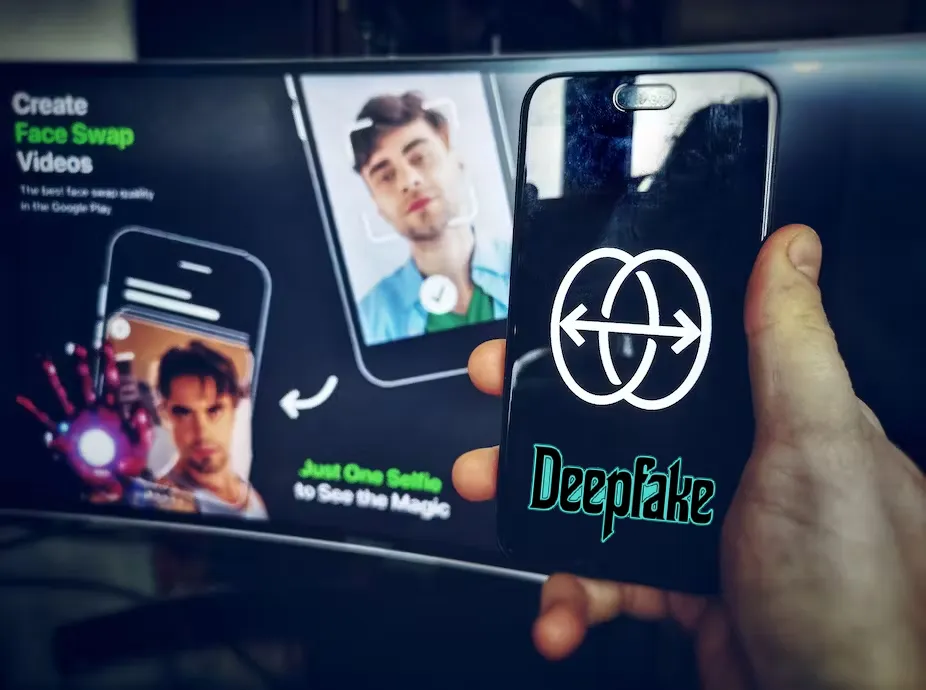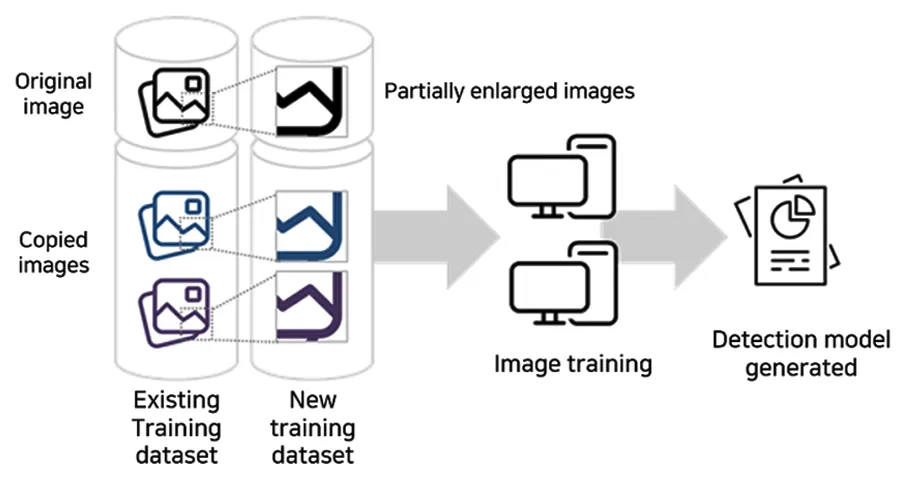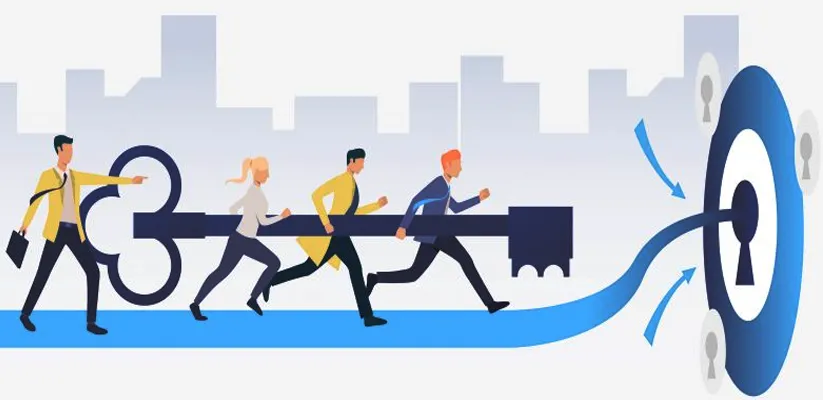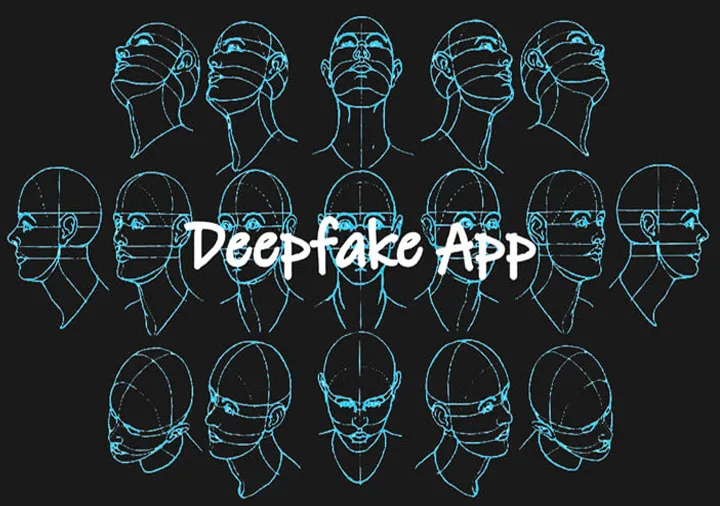The Fascinating World of Deepfake Technology
Welcome to the captivating realm of deepfake technology, where the lines between reality and digital creation blur in unprecedented ways. In this explorative journey, we delve into the intricacies of deepfakes, a groundbreaking technological advancement that has captivated and sometimes alarmed the digital world. From understanding the basics of what deepfakes are and how they differ from their less sophisticated counterparts, ‘cheapfakes,’ to exploring their surprising absence in Hollywood, this exploration covers it all.
We’ll also dive into viral sensations – those deepfake videos that have taken YouTube by storm with their humor and ingenuity. For the tech enthusiasts, we highlight top free deepfake software available for download, offering a hands-on experience in this revolutionary technology. Plus, we’ll take a peek into the future of audio manipulation with realistic deepfake voice apps, showcasing how they’re changing the landscape of digital communication. Let’s embark on this informative and thrilling journey into the world of deepfake technology.

What Exactly Are ‘Cheapfakes’?
A Simple Yet Deceptive Concept
Ever seen a video that’s been subtly altered to mislead or entertain? That, my friends, is a cheapfake in its essence. Unlike the AI-powered deepfakes, cheapfakes often rely on simpler, more accessible methods like Photoshop, clever editing, or even just speeding up or slowing down footage. They’re the digital world’s low-cost tricksters, altering reality without the need for fancy software.
The Tools of the Trade
In the era of social media and smartphone apps, creating cheapfakes is a breeze. Filters on platforms like Snapchat? Yep, they count too. It’s the speed and ease of creation that make cheapfakes so ubiquitous in today’s digital landscape.

heapfakes vs. Deepfakes: A Tale of Two Technologies
Similar Goals, Different Paths
Both cheapfakes and deepfakes aim to alter reality, but their methods set them apart. While deepfakes use sophisticated AI, cheapfakes are more about clever, low-tech tweaks. It’s like comparing a scalpel to a sledgehammer – both can change the shape of things, but in very different ways.

The Impact on Perception
Despite their differences, both can warp our perception of reality. Whether it’s a cheapfake misrepresenting an event or a deepfake creating an entirely false narrative, the end goal is the same: to make us believe in an altered version of reality.
The Surge of Cheapfakes in Modern Media

Political Playgrounds and Beyond
Political arenas, in particular, have seen a surge in cheapfakes. Remember the US Presidential elections? Cheapfakes were rampant, twisting narratives and influencing opinions. And it’s not just limited to politics – they’re everywhere, subtly altering our digital landscape.
A Rising Trend
Organizations like CREOpoint have reported significant increases in cheapfake content, particularly during politically charged periods. This rise indicates not just a trend, but a shift in how misinformation is being spread.
The Policy Puzzle: Dealing with Cheapfakes
- Social Media’s Selective Battles
Platforms like Facebook have taken a stand against deepfakes but have been less decisive about cheapfakes. It’s a tricky line to walk – how do you balance freedom of expression with the need to curb misinformation? - The Challenge of Enforcement
Enforcing policies against cheapfakes is a complex task. They’re often not as blatantly false as deepfakes, making it harder to justify removing them. This leaves a gap that’s often exploited by those looking to spread misinformation.

The Road Ahead: Combating Misinformation
Education as a Weapon
The real battle against cheapfakes and misinformation lies in education. Teaching critical thinking and digital literacy is key – it’s about equipping people to question and verify, rather than blindly accept what they see online.
A Collective Responsibility
Tackling cheapfakes is a collective effort. It’s not just about policies and enforcement; it’s about fostering a culture of skepticism and verification. In this digital age, the line between truth and fiction is often blurred, but with the right tools and awareness, we can navigate these murky waters.
The Unexplored Potential of Deepfakes in Hollywood
In the glamorous world of Hollywood, where creativity meets cutting-edge technology, deepfake technology remains an enigma. Despite its promise of revolutionizing filmmaking, deepfakes have yet to find their footing in the realm of big-budget movies.
Understanding Deepfakes and Their Absence in Hollywood Films
- The Promise of Deepfake Technology Deepfakes, known for their AI-driven face-swapping capabilities, could dramatically reduce production costs. The technology has the potential to transform traditional VFX methods, offering a more efficient alternative to labor-intensive processes.
- Hollywood’s Hesitance to Embrace Deepfakes Despite their cost-effectiveness, Hollywood seems reluctant to adopt deepfakes. This hesitance stems from various factors, including the current state of the technology and the industry’s creative ethos.
eepfakes in Movie Entertainment
Internet Phenomenon of Deepfake Parodies
The internet has embraced deepfakes, with YouTube channels dedicated to reimagining iconic movie scenes. Parodies like ‘Home Stallone’ demonstrate the technology’s potential for humor and creativity.

The Legal and Ethical Considerations
Legal issues, such as the intellectual property rights of actors, pose significant challenges. Robin Williams’ posthumous rights protection is a prime example of the complexities involved in using someone’s likeness.
5 Top Free Deepfake Software Picks
- DeepFaceLab
DeepFaceLab leads the charge as a pioneering open-source deepfake tool. Key features include face swapping, head replacement, and aging effects. Note, a robust PC is needed for smooth operation. - Faceswap
Faceswap, another open-source project, is driven by Tensorflow and Python. Ideal for researchers and hobbyists, it does require a potent desktop with a powerful graphics card. - Deep Art Effects
For those interested in transforming images into art, Deep Art Effects uses AI algorithms inspired by legendary artists like Van Gogh. Available on desktop and mobile, it’s a gateway to AI-assisted creativity. - Reface
Reface, formerly Doublicat, allows you to morph into different characters using just a selfie. This mobile app is user-friendly and perfect for creating deepfake GIFs and images. - MachineTube
For a browser-based experience, MachineTube offers an easy start. While it relies on your PC’s power for rendering, it opens up endless possibilities for video creation.

Choosing the Right Deepfake Software
Considerations for Selecting Software
When selecting deepfake software, consider your device’s capabilities and the specific features you need. Whether you’re on a powerful desktop or a mobile device, there’s a tool for everyone.
Overview of Mobile App Options
For mobile users, apps like Reface provide a fun and easy way to experiment with deepfakes. These apps are great for on-the-go creativity and require minimal technical knowledge.
The Emerging World of Deepfake Voice Apps

The Concept of Deepfake Audio
Deepfake voice apps use AI to clone voices, opening up new avenues for audio manipulation. While mostly used for entertainment, they pose potential risks in the wrong hands.
Voice Cloning Technologies
Voice cloning involves creating a digital double of a voice from a sample. This technology has evolved from basic Text-To-Speech systems to more advanced, emotion-infused outputs.
Understanding Deepfake Audio and Voice Cloning
The Mechanics of Deepfake Audio
Deepfake audio apps leverage AI to generate synthetic voices, differing from traditional manual audio editing. They offer a more automated and sophisticated approach to voice manipulation.
Voice Cloning Explained
Modern voice cloning can create highly realistic audio using a few hours of source material. It represents a significant leap in audio technology, making it more accessible to the general public.
